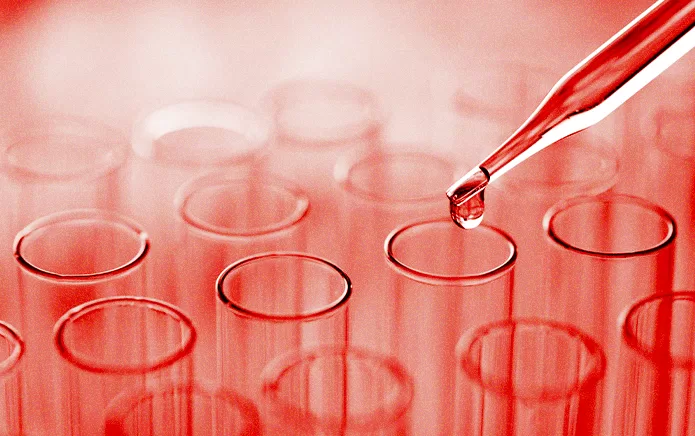The Nobel Prize-winning gene-editing tool, known as Crispr-Cas, works in the same way as a pair of scissors (though at a molecular level) to cut away “bad” bits of DNA.
Researchers are hopeful that this type of technology could one day be used to eradicate the virus from a human body in its entirety, though there is still a lot more work to be done before this is a realistic possibility.
The scientists, led by Dr Elena Herrera-Carrillo and part of her team (Yuanling Bao, Zhenghao Yu and Pascal Kroon) at Amsterdam UMC, Netherlands, described their findings as “a pivotal advancement towards designing a cure strategy” in a joint statement on 19 March.
The team explained that they wish to one day be able to develop “an inclusive ‘HIV cure for all’ that can inactivate diverse HIV strains across various cellular contexts”.
“We hope to achieve the right balance between efficacy and safety of this CURE strategy,” they said. “Only then can we consider clinical trials of ‘cure’ in humans to disable the HIV reservoir. While these preliminary findings are very encouraging, it is premature to declare that there is a functional HIV cure on the horizon.”
At present, there is no cure for HIV, but medicines can suppress the amount of the virus in someone’s system to an undetectable level that makes it untransmittable.
More gay and bisexual men got tested for HIV than ever before in England
2022 saw a record number of testing among gay, bisexual and other men who have sex with men (GBMSM) in England, according to the UK Health Security Agency (UKHSA).
Sexual health services recorded 192,503 tests in 2022 alone in this group, up from 156,865 in 2019.
The number of heterosexual adults getting tested for HIV continues to remain below pre-COVID-19 pandemic levels (792,875 in England in 2022 compared with 1,051,391 in 2019).
Professor Kevin Fenton, Chief Advisor on HIV to Government and Chair of the HIV Action Plan Implementation Steering Group, said at the time: “These latest data show the positive results of our ongoing efforts to end new HIV transmissions within England by 2030.
“Through our HIV Prevention Programme (HPE) and the fantastic work of our local authority and NHS colleagues, we are making positive progress to boost testing uptake and improve timely access to effective treatment.”
